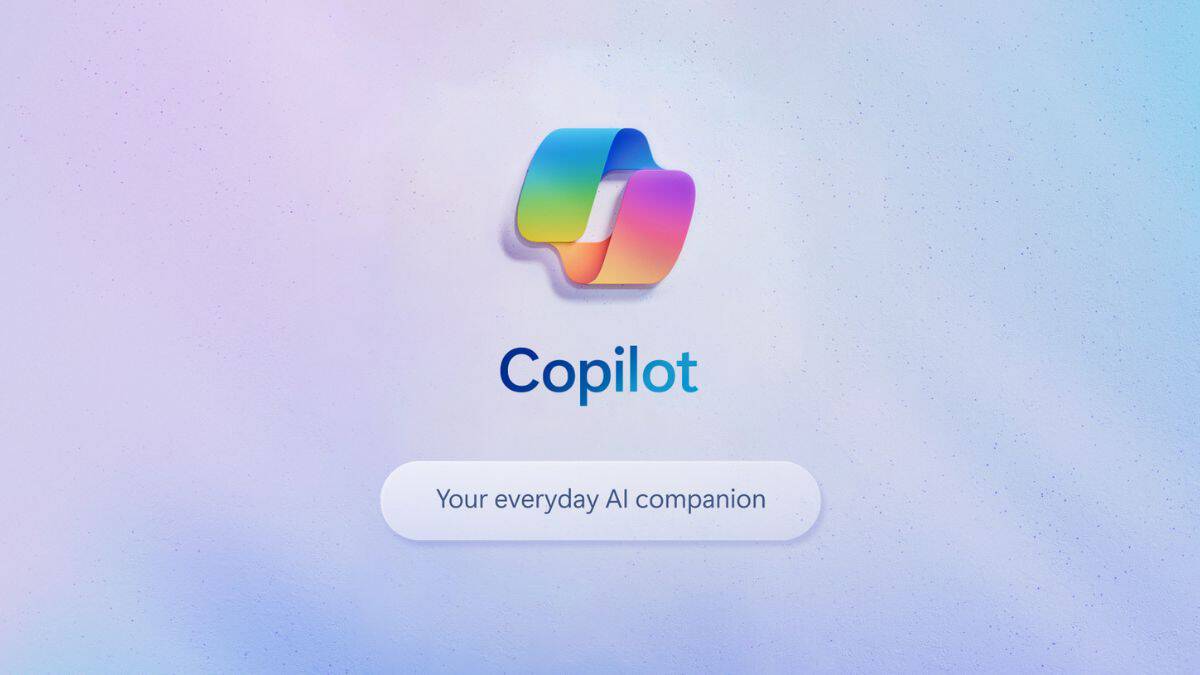AMD and Intel users may have to wait longer than expected for Copilot+

Table of Contents
Microsoft’s ambitious Copilot+ initiative, designed to transform PCs into AI companions, faces a peculiar launch situation that will some fans doing a double take. While both Intel and AMD unveiled powerful new laptop processors with top-of-the-line NPUs at Computex 2024, these products exceeded Copilot+ requirements, meaning these devices won’t launch with the AI suite. Let’s dive in further.
What is Copilot+?
Microsoft is introducing a new era of AI-powered personal computers with their initiative called Copilot+. This suite of features aims to transform your PC from a simple machine into an intelligent companion. Imagine software that can help you recall past tasks on your computer, collaborate with you on creative projects, or enhance your video calls. While well in excess of the Copilot+ requirements that Microsoft set for its new AI PC initiative, new NPUs from AMD and Intel devices actually won’t ship with the suite of features to begin with.
Prime Day is finally here! Find all the biggest tech and PC deals below.
- Sapphire 11348-03-20G Pulse AMD Radeon™ RX 9070 XT Was $779 Now $739
- AMD Ryzen 7 7800X3D 8-Core, 16-Thread Desktop Processor Was $449 Now $341
- ASUS RTX™ 5060 OC Edition Graphics Card Was $379 Now $339
- LG 77-Inch Class OLED evo AI 4K C5 Series Smart TV Was $3,696 Now $2,796
- Intel® Core™ i7-14700K New Gaming Desktop Was $320.99 Now $274
- Lexar 2TB NM1090 w/HeatSink SSD PCIe Gen5x4 NVMe M.2 Was $281.97 Now $214.98
- Apple Watch Series 10 GPS + Cellular 42mm case Smartwatch Was $499.99 Now $379.99
- ASUS ROG Strix G16 (2025) 16" FHD, RTX 5060 gaming laptop Was $1,499.99 Now $1,274.99
- Apple iPad mini (A17 Pro): Apple Intelligence Was $499.99 Now $379.99
*Prices and savings subject to change. Click through to get the current prices.

Qualcomm over Copilot+
So, what was the reason behind this? Well, it is essentially down to a strategic partnership. Microsoft has prioritized Qualcomm for the initial rollout. These Snapdragon processor-powered laptops will be the first to boast Copilot+ features like the memory-jogging Recall and the collaborative Cocreator, arriving as early as June 18. This prioritization reflects the market reality that laptops are the top dog of the Windows user base.
Coming soon for AMD and Intel
However, fear not Intel and AMD fans. Copilot+ is coming to your favorite brands eventually. Microsoft plans to deliver the AI suite through a software update later this year. The exact timeline remains uncertain, with hopes for a day-one patch for Intel’s Lunar Lake chips seeming unlikely at this point. AMD’s Strix Point processors, launching in July, will miss a launch-day Copilot+ integration.
In short, Microsoft’s Copilot+ rollout is a staggered affair. Qualcomm takes center stage initially, leveraging their integrated NPUs for a June 18 launch with the full suite of AI features. While Intel and AMD users might face a wait, they shouldn’t be left behind for too long.

